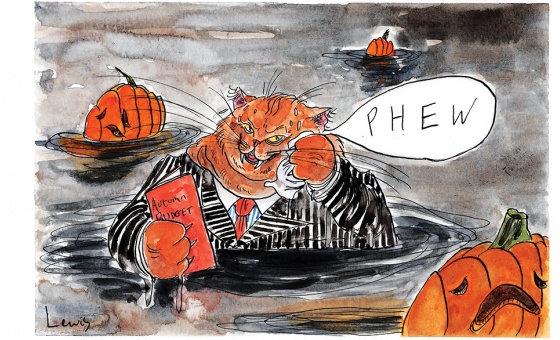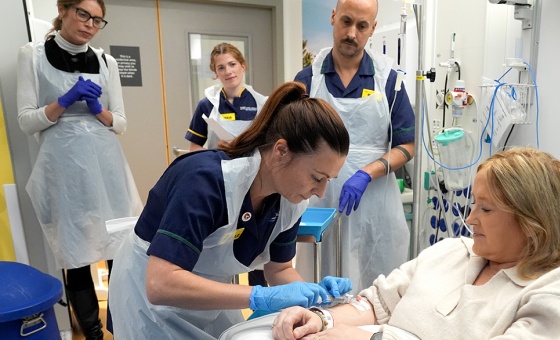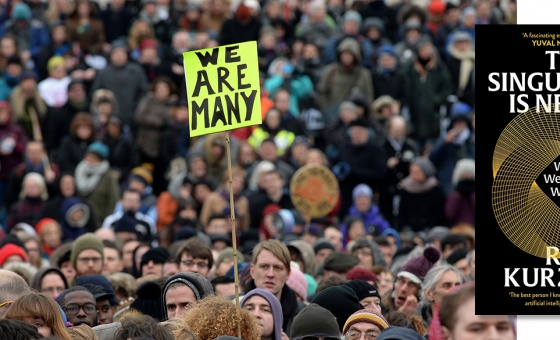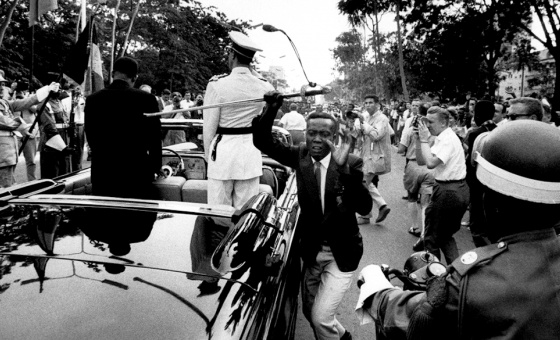This is the last article you can read this month
You can read more article this month
You can read more articles this month
Sorry your limit is up for this month
Reset on:
Please help support the Morning Star by subscribing here
THE United Nations must legally declare the Taliban’s intensifying crackdown on women and girls a “gender apartheid,” the head of the UN agency promoting gender equality has urged.
In a security council meeting, UN Women executive director Sima Bahous said that more than 50 increasingly dire Taliban laws are being enforced in Afghanistan with more severity, including by male family members.
That is exacerbating mental health issues and suicidal thoughts, especially among young women, Ms Bahous said.
She said the restrictions on women have also led to an increase in child marriage and child labour.
Under international law, apartheid is defined as a system of legalised racial segregation that originated in South Africa.
But a growing consensus among international experts, officials and activists says apartheid can also apply to gender in cases like that of Afghanistan, where women and girls face systematic discrimination.
“[The women] tell us that they are prisoners living in darkness, confined to their homes without hope or future,” Ms Bahous told the 15-member council on Tuesday.
“We ask you to lend your full support to an intergovernmental process to explicitly codify gender apartheid in international law.”
There is no existing international law to respond to “mass, state-sponsored gender oppression,” she said, but the Taliban’s “systemic and planned assault on women’s rights … must be named, defined and proscribed in our global norms so that we can respond appropriately.”
The security council meeting on UN secretary-general Antonio Guterres’ latest report on Afghanistan took place on the final day of the annual meeting of world leaders at the 193-member UN general assembly.
Yesterday, Taliban spokesman Zabihullah Mujahid hit out at the council meeting for focusing on domestic Afghan matters of “women’s education and their work” instead of issues such as security, peace and stability.
“It was necessary to discuss the end of the blacklist in the United Nations, the removal of sanctions, the release of seized assets,” Mr Mujahid said on social media platform X.
He said the UN gathering should also have discussed “the recognition of the Islamic Emirate of Afghanistan” as the Taliban call their government.
According to the UN Women’s survey of 500 Afghan women, 46 per cent think the Taliban should not be recognised under any circumstances.
And 50 per cent think it should only be recognised after it restores the right of women and girls to education, employment, and participation in government.












